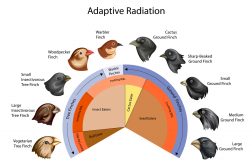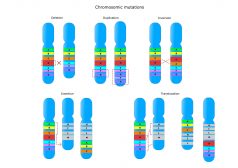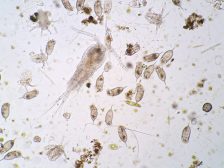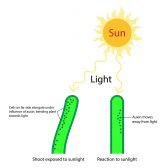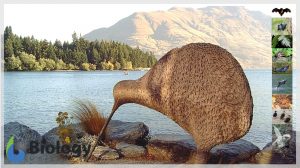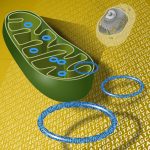Definition
noun
A symbiosis wherein the symbiont lives within the body of its host
Supplement
Symbiosis pertains to a close and long-term relationship between organisms of different species. It was initially restricted to mean a relationship between two different species that interact closely and interdependently. Later on, symbiosis encompasses other biological interactions between organisms such as commensalism and parasitism. The initial scope is now referred to as mutualism wherein both species benefit from the relationship. The organism living in a symbiotic relationship is called a symbiont. Endosymbiosis is a form of symbiosis wherein the symbiont lives within the body of its host and the symbiont in an endosymbiosis is called an endosymbiont. An example of an endosymbiosis is the relationship between Rhizobium and the plant legumes. Rhizobium is the endosymbiont that occur within the roots of legumes. Rhizobium fix atmospheric nitrogen to convert it into a nitrogen form that is ready for use by the legume. In return, the legume provides Rhizobium certain metabolites (e.g. malate and succinate) through photosynthesis.
In evolution, a theory is conceptualized wherein early symbionts (i.e. a prokaryotic cell) living within the host cell over time became the organelles (i.e. mitochondria and chloroplasts) within the eukaryotic cell. This theory is called endosymbiotic theory.
Word origin: Greek éndon (inner, internal) + symbíōsis, sym– + biō, bioûn (to live) + -sis
Also called:
- endosymbiotic relationship
See also:
Related term(s):


